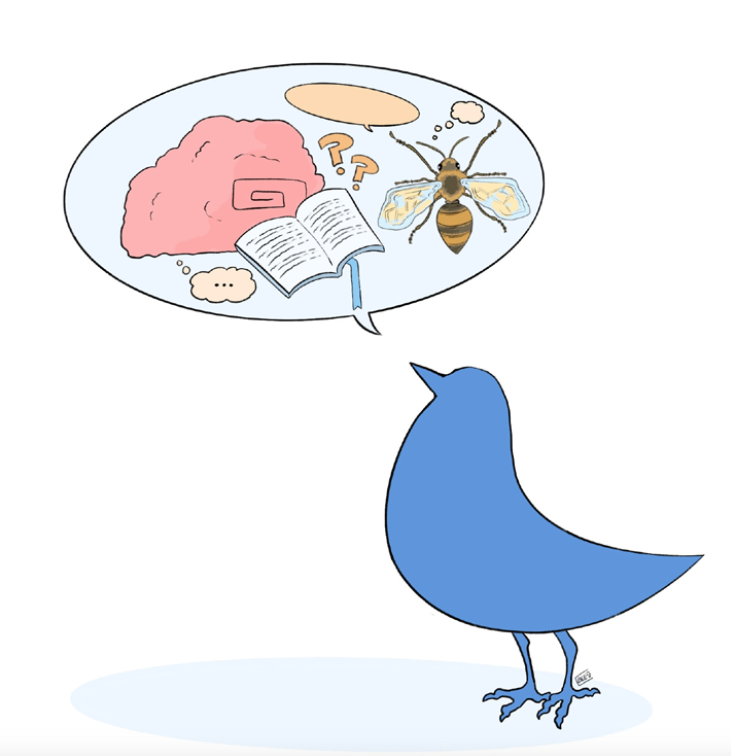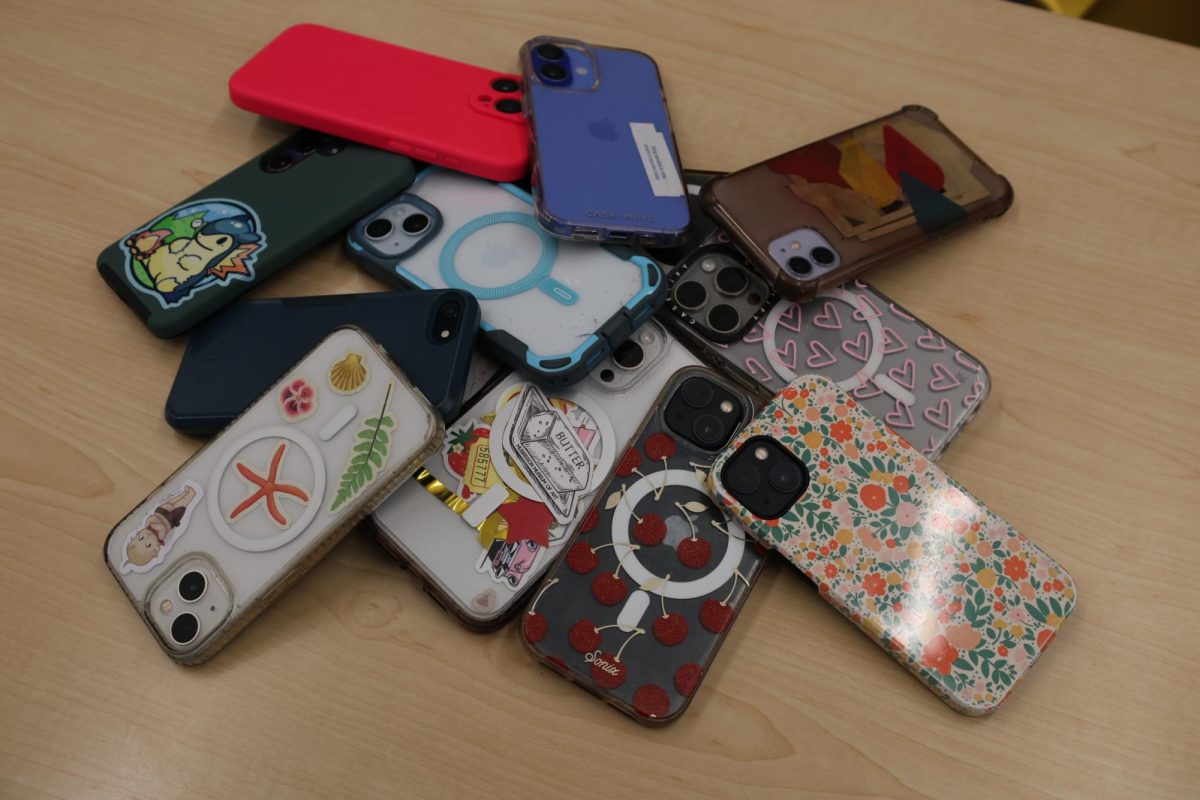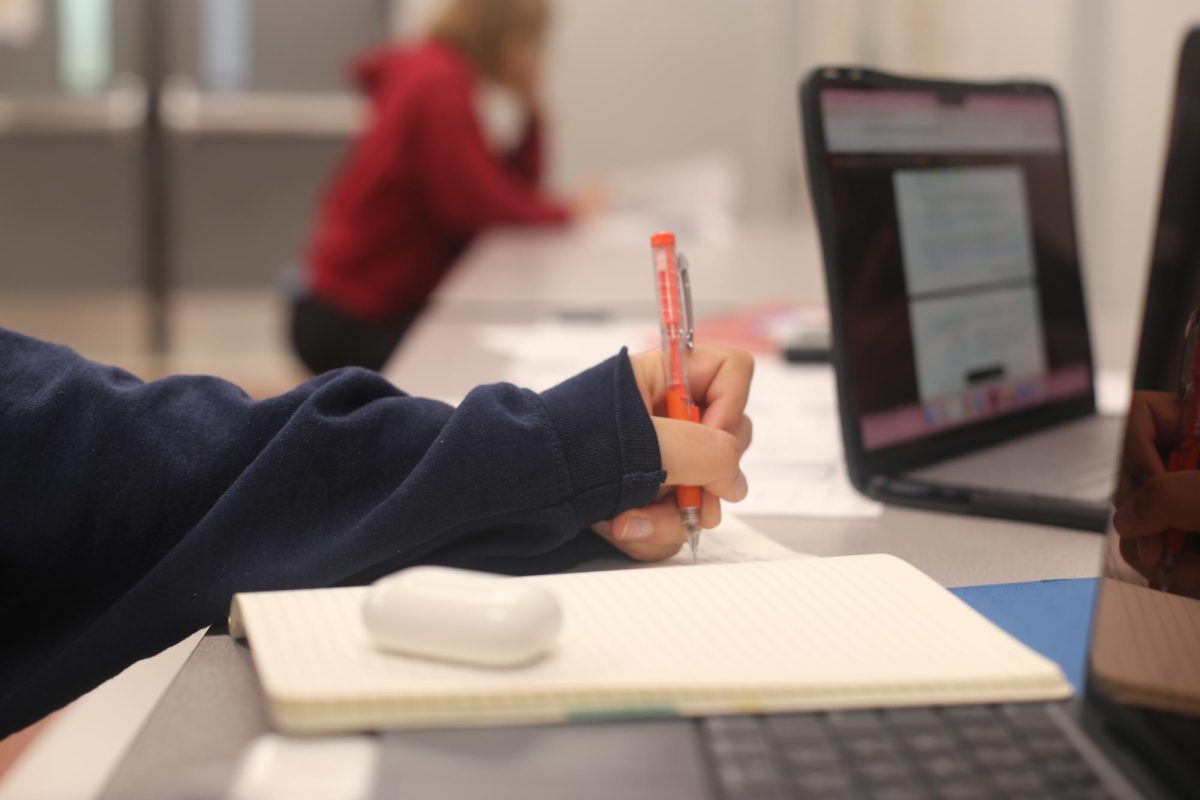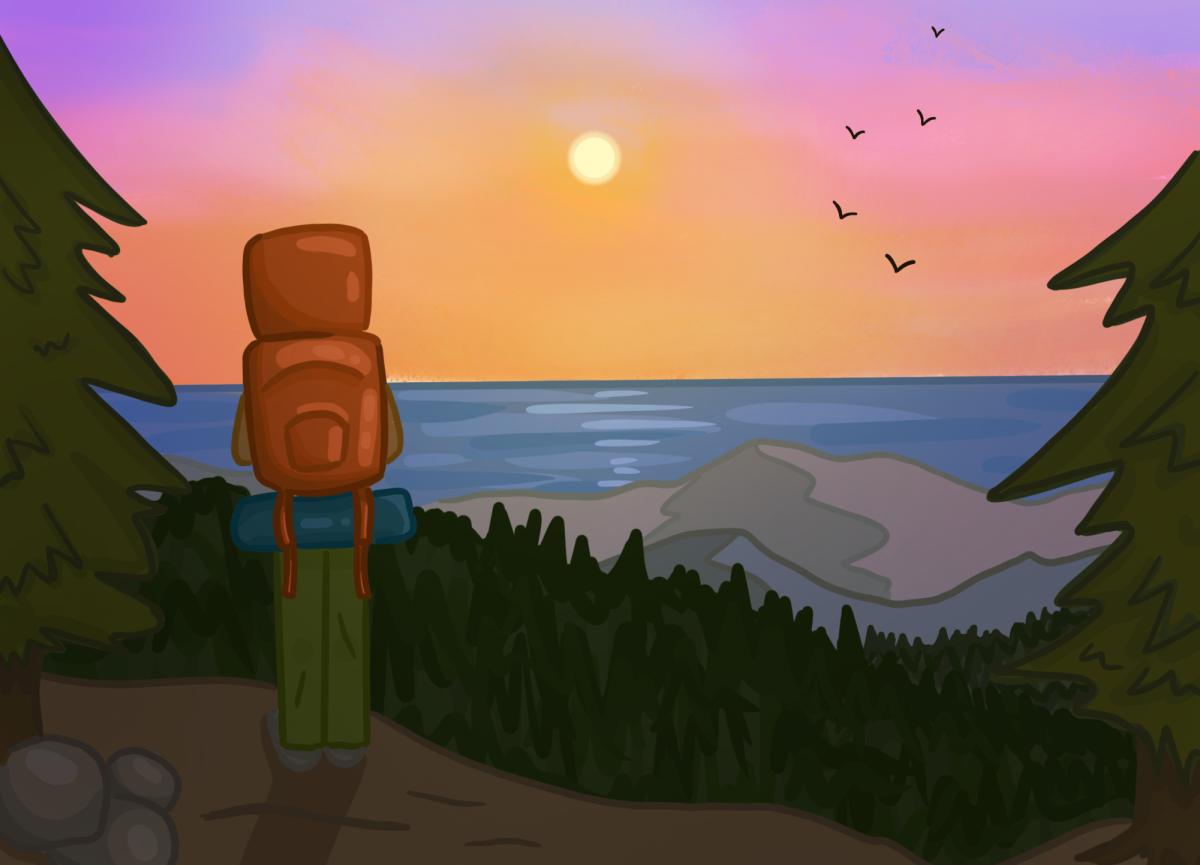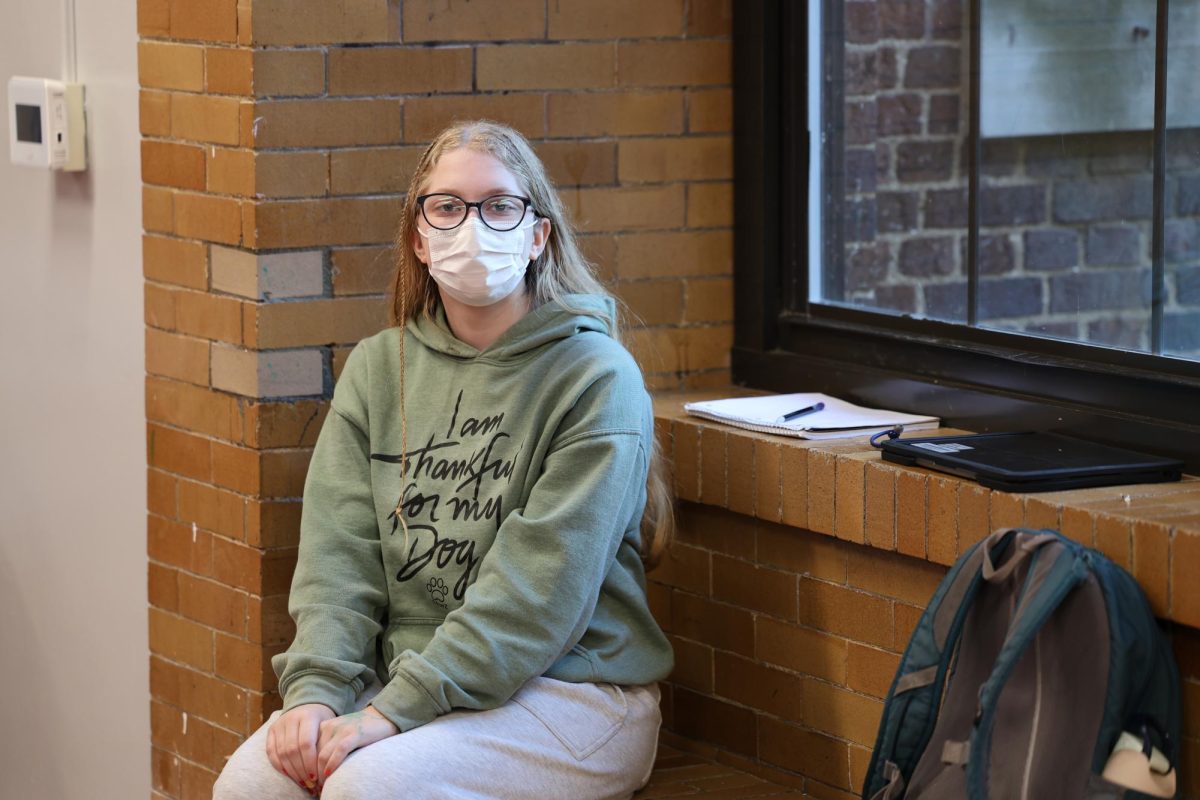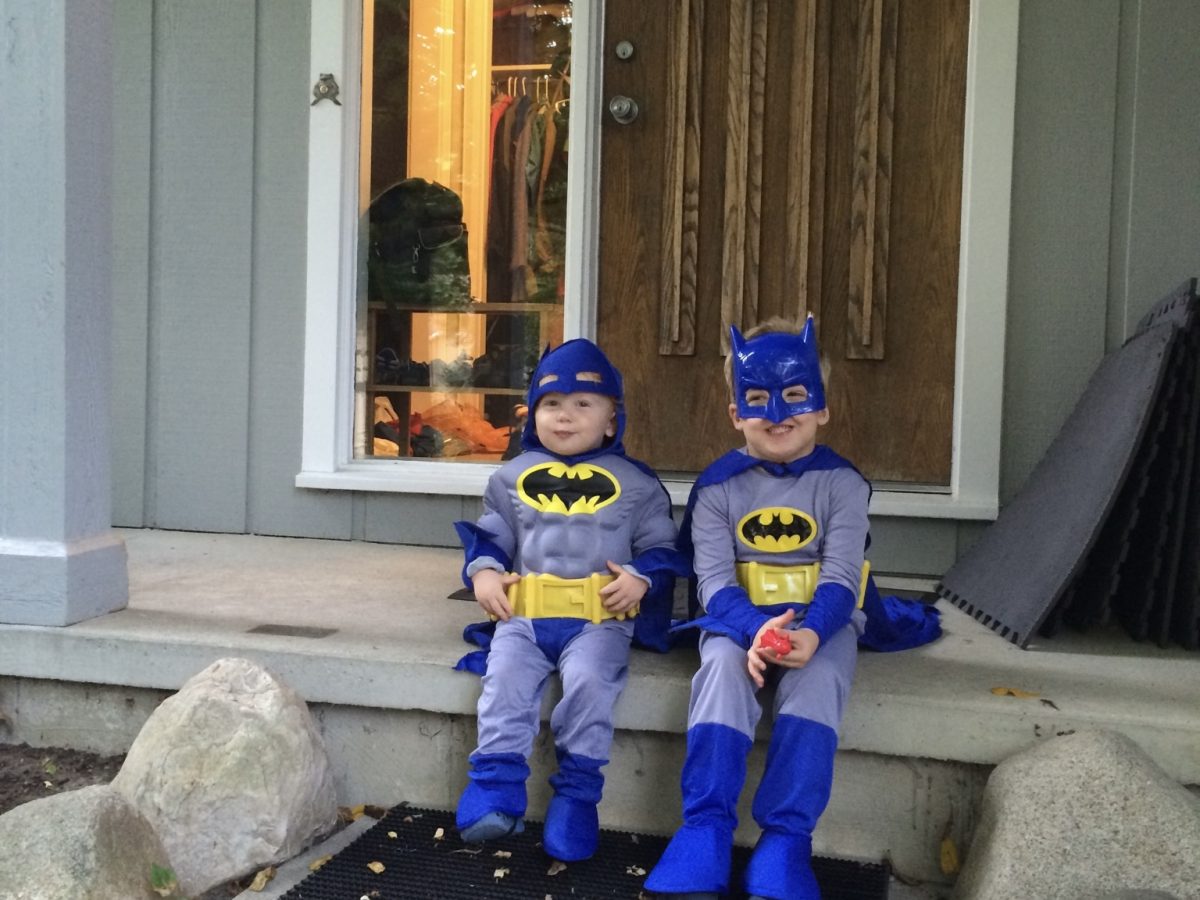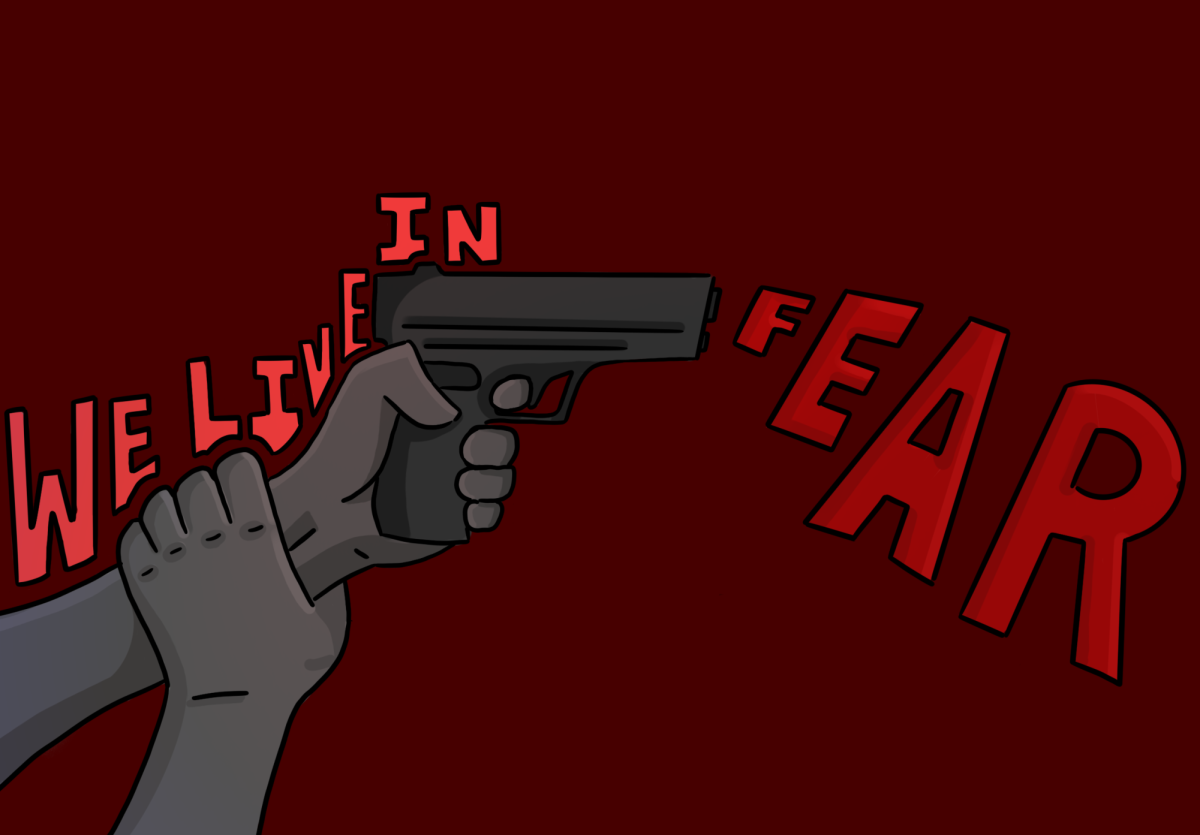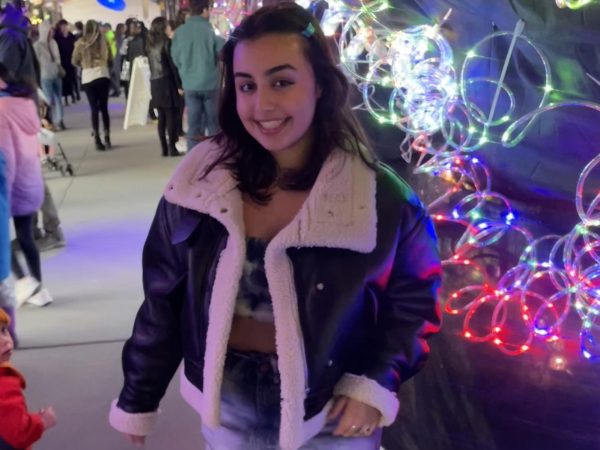Standing in front of a classroom of other high school students, I walk the tightrope between student and teacher. My unique position welcomes big questions and gives me the key to answering them. As I take in the 20 pairs of students’ eyes staring back at me, many half asleep, others half intrigued, I wonder what they are thinking. My short who, what, why are you here spiel slides off my tongue comfortably as I explain my role,“I am a peer educator, devoted to providing comprehensive sex education and medically accurate information.”
At some point during my presentation, I pause to pass blank notecards around the room. At first, eyes roll. Too often, an extra notecard turns into a mandatory writing exercise. “This time, I want the notecards to mean something.” After assuring the participants that their responses will remain anonymous, I give directions, “Draw me a picture. Ask me a question. Tell me what you think. Have a conversation. Just don’t leave it blank.”
As I sort through the last couple of questions, one small crumpled card catches my eye. “Are you even qualified to be teaching this stuff?” The blood rushes to my brain, signaling a momentary imposter syndrome. I sense my health teacher stepping in to defend me, citing my 100 hours of training on sexual health, gender, and sexuality. But suddenly, I feel my familiar mantra take over. I am the most qualified to be standing in front of the classroom. We, as teens, are the most suitable because we are the ones dumping our most profound questions into a Google search or other impersonal databases — fearing that the questions we ask may condemn us.
Initially, I “dumped” my own questions into sketchbooks and notebooks through my artwork and creative writing. Around third grade, I realized how pervasive my curiosity for the world around me would become. I remember sitting at my third-grade lunch table, listening to my friends plan the perfect future life — a secluded island, free from the pangs of our apparent dystopia.
The island would feature just about every one of our favorite pieces of pop culture, leaving the bad to clutter less fortunate minds. And while my friends celebrated our solution, I felt a strange disinterest wash over me. I wanted to explore the underbelly of our world, not some idealistic aspect of it.
By fourth grade, I was exploring grief, connection, freedom, and the human condition through my fiction short stories. I often stretched dinner table discussions into complex debates over buzzwords like privilege, human rights, right versus left and race. My curiosity carried me to topics I soon discovered not everyone had the moxie to embrace. My passion led me to seek answers to all my questions, no matter how complex.
As I grew older, I yearned to stretch beyond my imagination. So, I stepped into a role that I hoped could help make a difference in my community, leading me to the frequent discussion over our bodies, rights, and autonomy. When I saw the application for Planned Parenthood Peer Educators in the school announcements, I realized this was an opportunity to create a space where I could answer others’ big questions. I spent 100 hours learning about sexual health, LGBTQ+ identities, and healthy relationships during my first two months in the program. Now, I spend my time finding the underbelly where change needs to happen and learning from my peers’ stories whenever I present.
I hope to expand my learning by exploring different aspects of my community wherever I am. My storytelling and creative skills give me the tools I need to continue cultivating brave spaces for people inclined toward change. I also continue to follow my younger self’s awareness that an ideal world doesn’t exist isolated on an island but rather as a complex culmination of people and perspectives.



